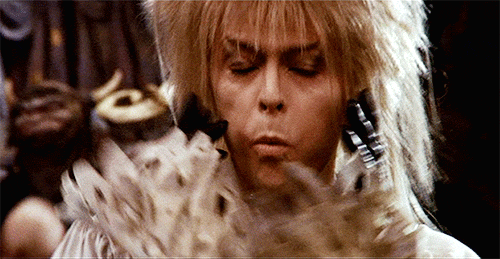Unique settings just aren't a part of the decision-making process when people buy games. Sure, everyone talks about it like it is, but they don't ever put their money where their mouth is. They just like to talk crap. If a game had an interesting setting but was otherwise pretty shitty, would you buy it? The answer is, of course, no. You might make your vacation plans that way, but that's not how you decide your game purchases. If a game has a crap setting as well as being kind of all-around a bit shit, yet has a number of hot chicks and man-meat around for you to bang, would you consider buying it? Why, but of course! And that is because pretty graphics and titillation are a part of the your decision-making process, while setting is just an optional extra. A very optional extra. Indeed, if this were not the case, games like Alien Logic would be amongst the best-selling of all time, instead of just being known for being kind of crap.
You're being too vague by far. Of course people bite into new settings like starved piranhas, that's why games like Myst and Undertale flew off the shelves and why even shitty games like Spore and No Man's Sky can rope in money for old rope. It's the reason Bloodborne made Dark Souls famous, it's the reason Fallout became a never ending fixture, it's why Bioshock gets people excited. I could go on and on listing games, and it doesn't have to be graphics based. Just because there are several failures for each one that catches people's imaginations doesn't mean you can use the failures as a fact for an essay against the desire for originality. It would be far more factual to use the examples of the successes to prove that originality is actually the most profitable method of production. Like everything, the higher the risk, the higher the chance of a return alongside the higher risk of failure. Just because people who employ large numbers of people and/or have shareholders prefer to play it safer does not provide proof that the biggest general desire is originality.
Lots of rpgs with interesting settings were produced in the 80s and 90s and early 00s. Every single one was a flop, even Planescape, which was only saved by achieving cult classic status and having an epically long tail because of it. Twilight 2000, most people don't even know it existed. Alien Logic, DOA. And on and on through a list of dozens of titles. Meanwhile, crappy LOTR and Star Wars lookalikes sell in the millions. Suits pay strict attention to sales differences like that.
And they know that that difference exists because of one basic thing - uniqueness-nerds talk a good game, but they never put their money where their mouth is. In contrast, Star Wars and LOTR nerds will buy even the most shittiest products if it even has a passing resemblance to their favorite thing.
And since most rpg players are either Star Wars or LOTR nerds, if not both, that is pretty much the end of that.























